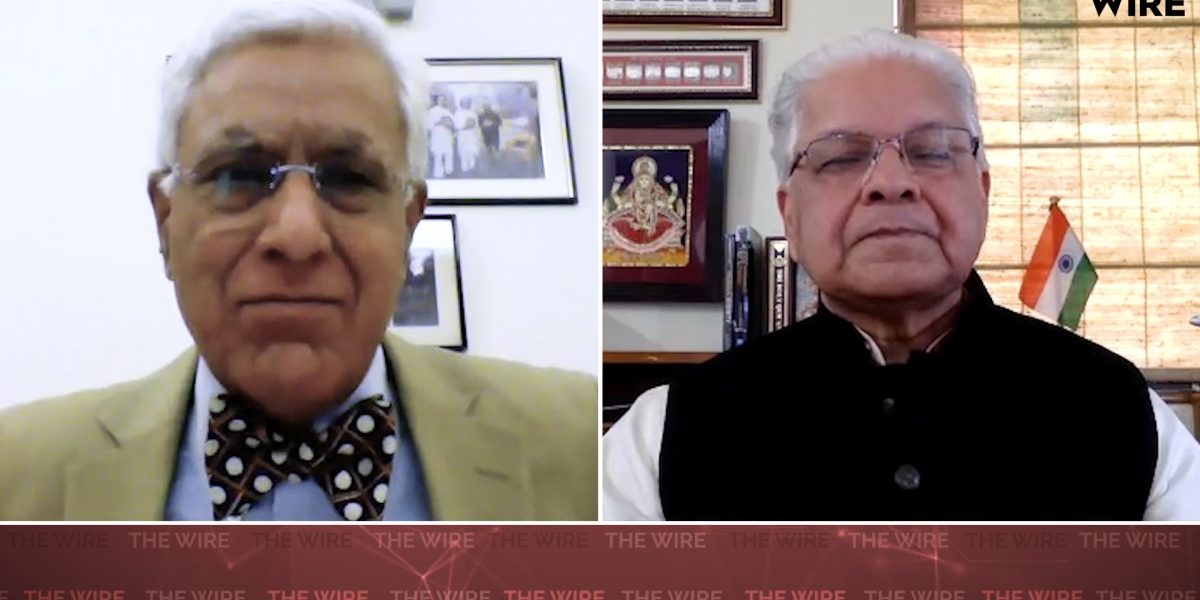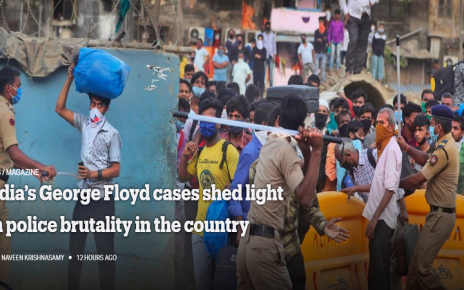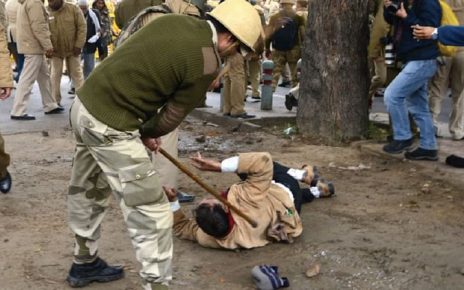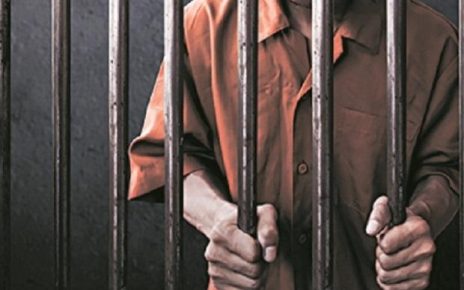By Karan Thapar, The Wire
02 July 2020
India’s former law minister Ashwani Kumar speaks to Karan Thapar on this particular laxity in light of the brutal custodial killing of Jayaraj and Bennicks in Tamil Nadu.
One of India’s former law ministers has sharply criticised the Indian political and legal system for failing to ratify the UN Convention Against Torture for almost a quarter century but refused to accept that some of the blame lies with the 10-year-long Manmohan Singh government in which he served as minister.
Ashwani Kumar says this failure to ratify is “baffling, shameful, unfortunate, disturbing and disappointing”. He says he has personally met Prime Minister Modi and Vice President Venkaiah Naidu as well as Rajnath Singh, when he was Home Minister, and they are all “sympathetic”. The Prime Minister said the Convention must be ratified. However, years have passed but that has not happened.
The UN Convention Against Torture has come back into sharp focus following the brutal torture and killing in custody in Tuticorin of Jayaraj and Bennicks (also spelled ‘Fenix’ and ‘Bennix’). Since that horrific incident there are reports of several other similar cases in Tamil Nadu itself.
The National Campaign Against Torture in a recent report says 1,731 people died in police custody in India in 2019. That’s almost five people every single day.
In a 25-minute interview to Karan Thapar for The Wire, Ashwani Kumar explained that India’s customary practice is to first pass domestic legislation giving expression to any international treaty commitment before ratifying the treaty.
This means that India needs to pass a Prevention of Torture Bill before ratifying the UN Convention Against Torture. However, such a Bill has been recommended by the Law Commission, the National Human Rights Commission as well as the Select Committee of the Rajya Sabha when, in fact, Kumar, was Chairman of the Committee.
Furthermore on two occasions the Prevention of Torture Bill was introduced in parliament but lapsed. But the Indian system is unable or unwilling to pass this bill.
Speaking to The Wire about the 10 years of the Manmohan Singh government from 2004-2014, Kumar repeatedly refused to accept that failure to ratify the Convention during this decade was a lapse on the part of this government. The most he would say is: “It should have been pushed through by UPA. It’s my greatest regret it was not passed.”
Kumar blamed the Opposition for holding up parliamentary work for four straight years. As he put it, the Convention couldn’t be ratified “primarily due to the dysfunctionality of parliament”.
Kumar told The Wire that it was Manmohan Singh who had asked him, when he was Chairman of the Rajya Sabha Select Committee in 2010, to draft a model bill on prevention of torture because Singh was concerned about India’s embarrassment (“castigation”, as he put it) in Geneva for failing to ratify the Convention.
The model bill was drafted in three months and given to the government in 2010. However, for the next four years the Manmohan Singh government failed to get this passed even though it was able to push through the Right to Food Act and controversial legislation like the Land Acquisition Act.
Kumar said that he spoke to Kamal Nath, then Parliamentary Affairs Minister, to have the Bill listed but it never got to top of the business agenda. However, he did not speak to Singh and couldn’t adequately explain in the interview why he had not done so particularly since it was Singh who had asked him in 2010 to draft a model bill.
However, Ashwani Kumar was sharply critical of the Supreme Court, which he approached in 2016 in the hope that the Court would exercise its power to suggest to the government that the Convention should be ratified. The Court finally heard his petition in 2019 and turned it down. Kumar said the Court has special powers which enable it to suggest to the government that it must act in specific instances and which it has exercised in matters such as honour killings and mob lynchings. In this instance, however, it refused to exercise those powers.
As he put it: “I’m baffled how in some cases the Court acts and in others it chooses not to.” He added: “I most certainly feel let down by the Supreme Court”.
As a result of India’s failure to ratify the Convention for 23 years, the situation that pertains today is that 170 countries have ratified it – including Pakistan and China – whilst India is in a minority of 25 who have failed to do so. This minority includes Sudan, Brunei, Haiti and The Gambia.
Asked about this outcome, Ashwani Kumar told The Wire: “It’s by any standards shameful for India to be standing in line with anti-democratic regimes”.
The above is a paraphrased precis of Ashwani Kumar’s interview to Karan Thapar for The Wire. Please see the full interview for accurate details.




